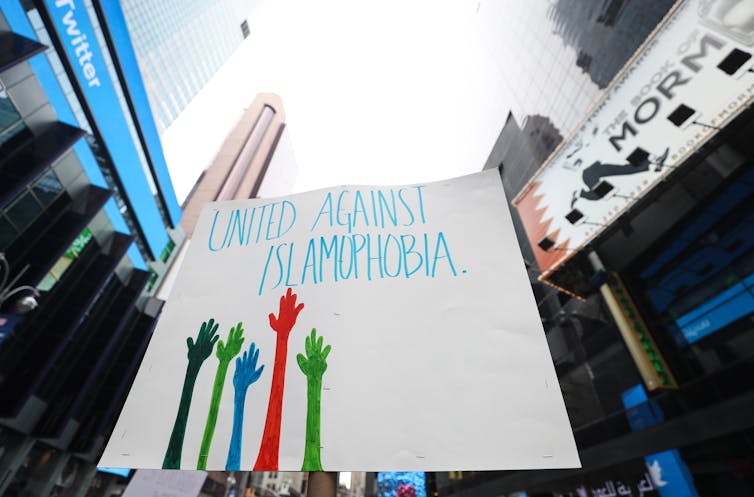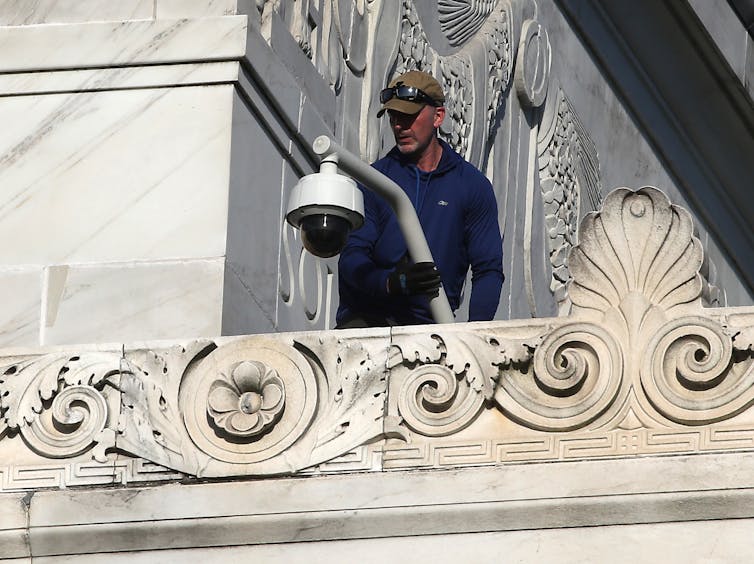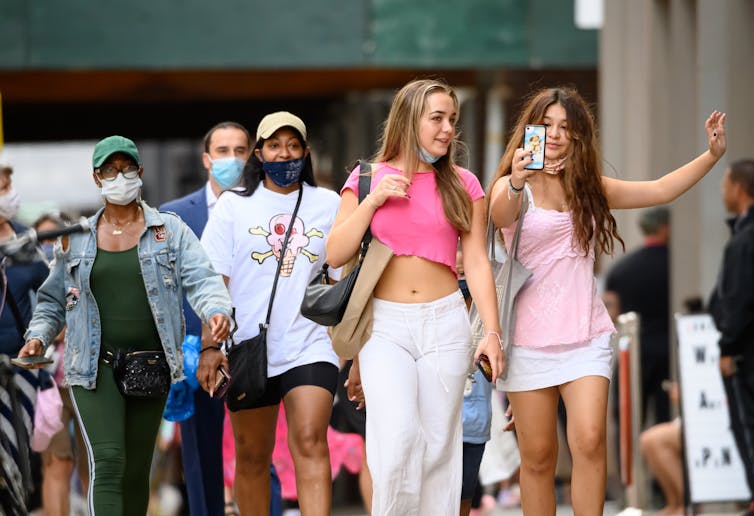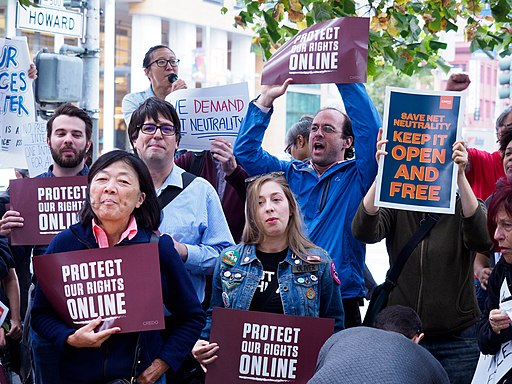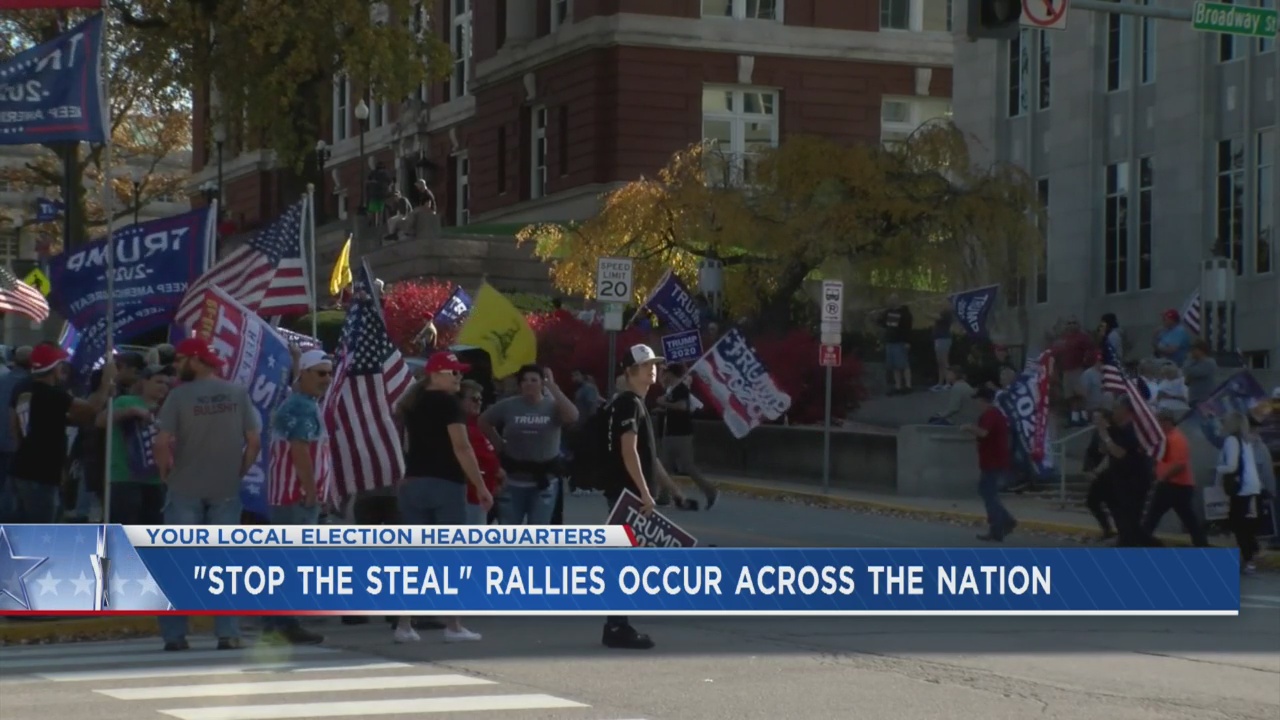A muddle of decisions indicates that Facebook and its ‘Supreme Court’ are making little progress towards a consistent policy on human rights
By Linda Bonyo Published 10-18-2021 by openDemocracy

Photo: Louis Jadwong/Twitter
Facebook’s ‘Trump ban’ received breathless coverage earlier this year, when the Facebook Oversight Board (FOB) – the supposedly independent entity established by the tech giant to adjudicate its content decisions – ‘ruled’ that the former president’s ban from the social media site should be upheld.
Experts from WIRED’s Gilad Edelman to scholar Kate Klonick have used the Trump decision to argue that the FOB is working.
But buried amidst that coverage – and that surrounding Facebook’s botched handling of COVID disinformation – are a muddle of decisions indicating that Facebook and its Oversight Board are making little progress towards a consistent policy on human rights. In fact, they may be headed towards a showdown. Continue reading


